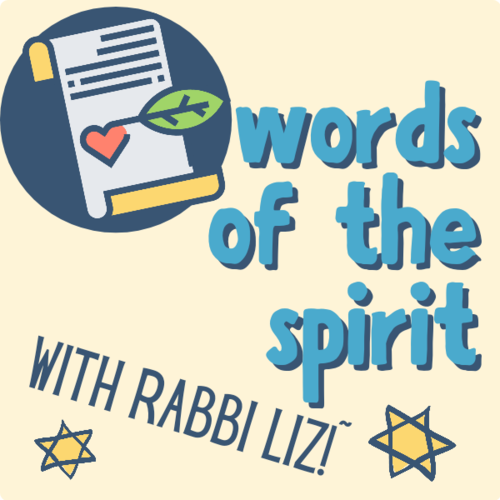Communal Mournings in Two Civilizations
11/11/2015 03:16:23 PM
| Author | |
| Date Added | |
| Automatically create summary | |
| Summary |
When preparing class outlines for Introduction to Judaism courses, I sigh each time I see the heading “Jewish Calendar.” It’s complicated, as we often say about so many difficult matters.
We – and the majority of Jews in Canada and the U.S. – do not necessarily live in “Jewish time.” We overlay or integrate Jewish time into our weeks, months, and years, sometimes consistently, sometimes profoundly, sometimes with reluctance, sometimes in community, sometimes in family.
We can relate to the overlay of sacred and secular time. We may formally observe a yartsayt – the anniversary of the death of a loved one – on the Jewish calendar date, yet feel the absence most on the Gregorian date. We are experts at understanding the value of observances on a communal level even if we do not feel they align with our own practices, values or ritual behaviours.
In the month of November falls Kristallnacht and Remembrance Day. The hostilities of the First World War ended on November 11, 1918. On the night of November 9, 1938, thousands of synagogues were burned and tens of thousands of Jews arrested, and many killed, in Germany.
We may or may not, as individuals, mark these dates. The rituals are indeed mainly communal – except, of course, for those whose lives and families were directly impacted by these national tragedies.
And yet. We – and the majority of Jews in Canada and the US – are ethical, caring, people. We do, and should, take note when our people – the people of Canada and the Jewish people – are mourning losses.
At the same time, we can, and should, profess a preference for peace, reconciliation, and a reduction of armaments world-wide. None of our religious-theological nor political-ideological preferences need trump our communal recognition for the need to remember, and mourn.
- Rabbi Liz
Tue, 8 July 2025
Special Messages from the Rabbi
Privacy Settings | Privacy Policy | Member Terms
©2025 All rights reserved. Find out more about ShulCloud







